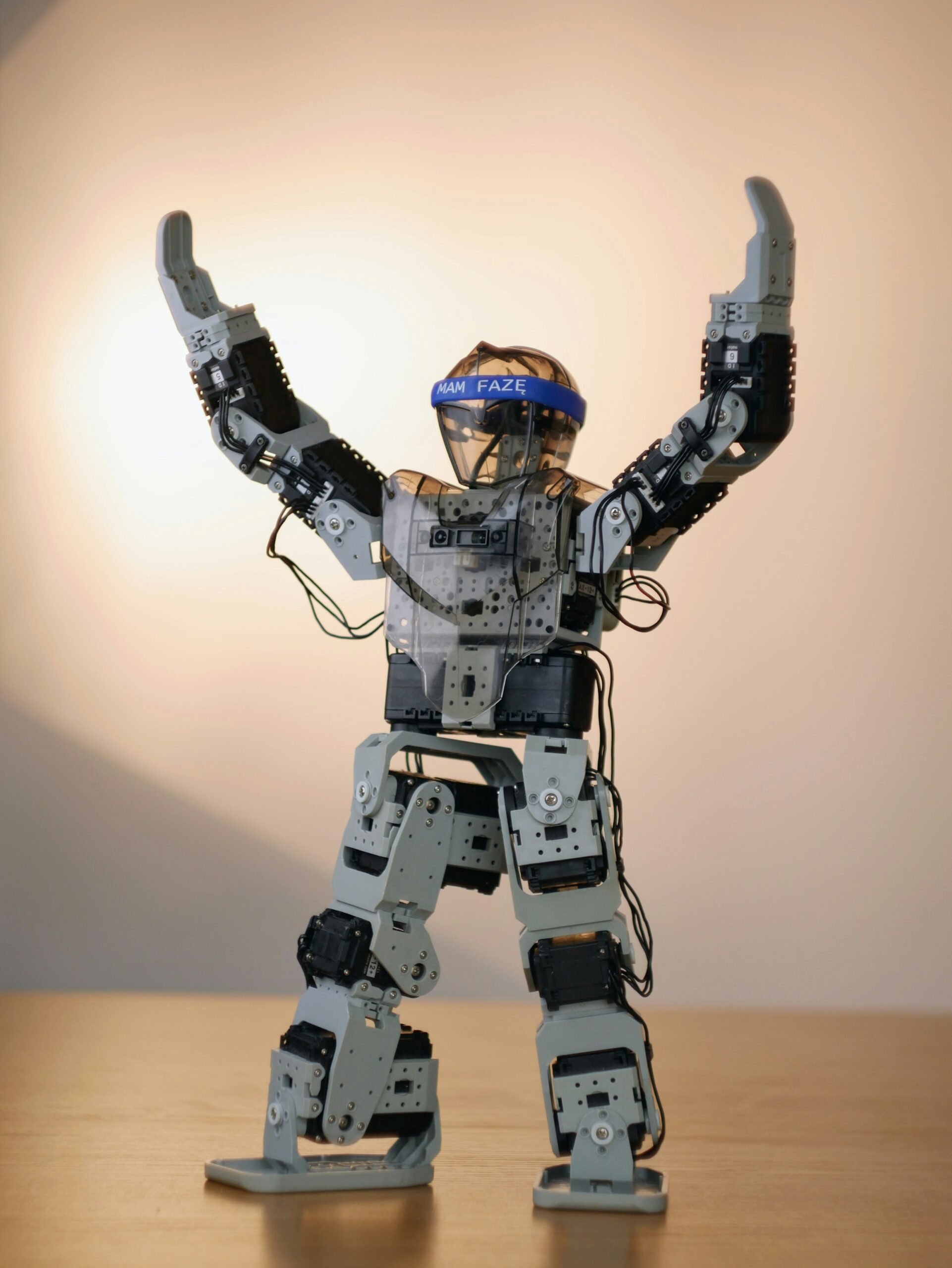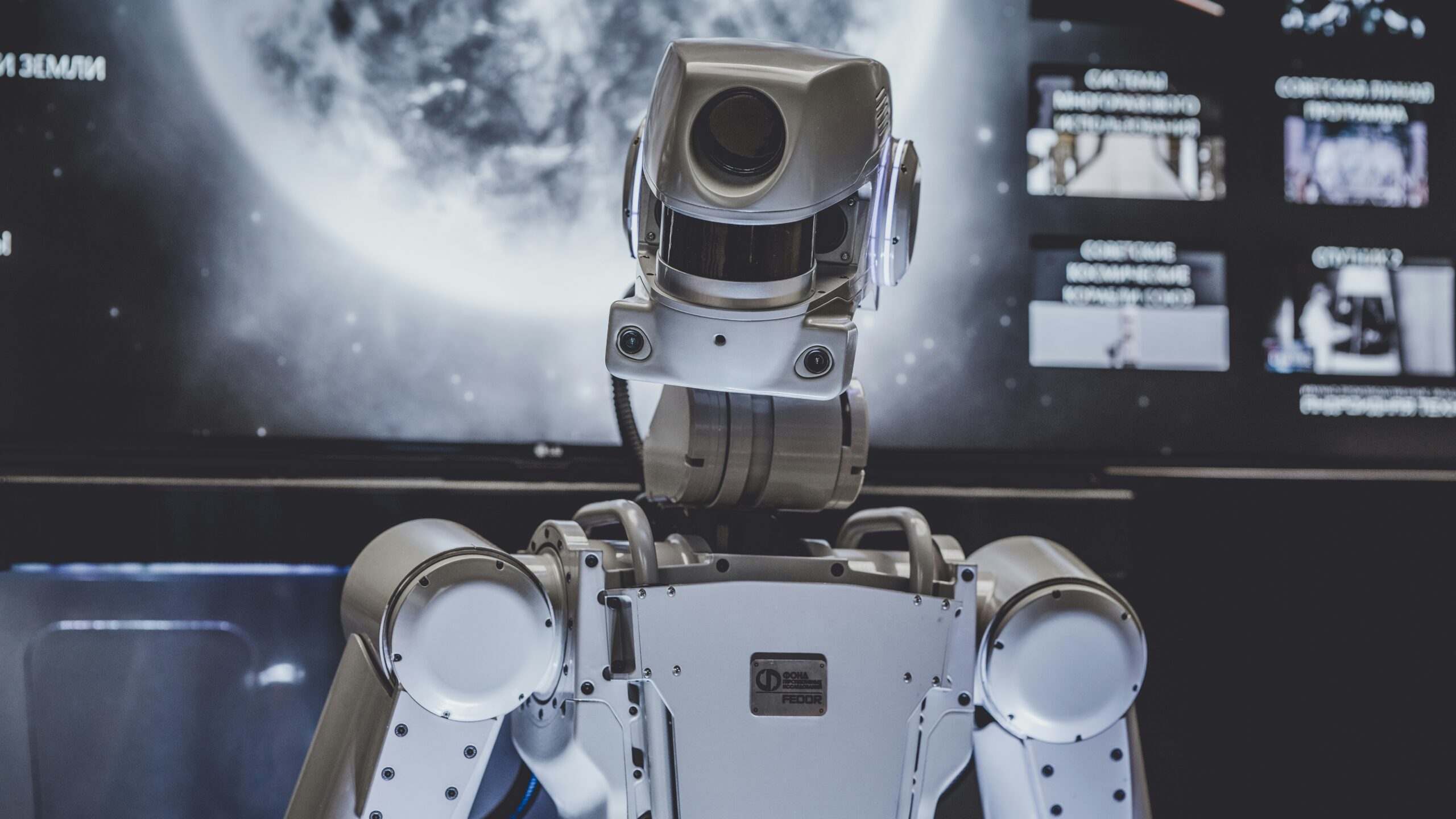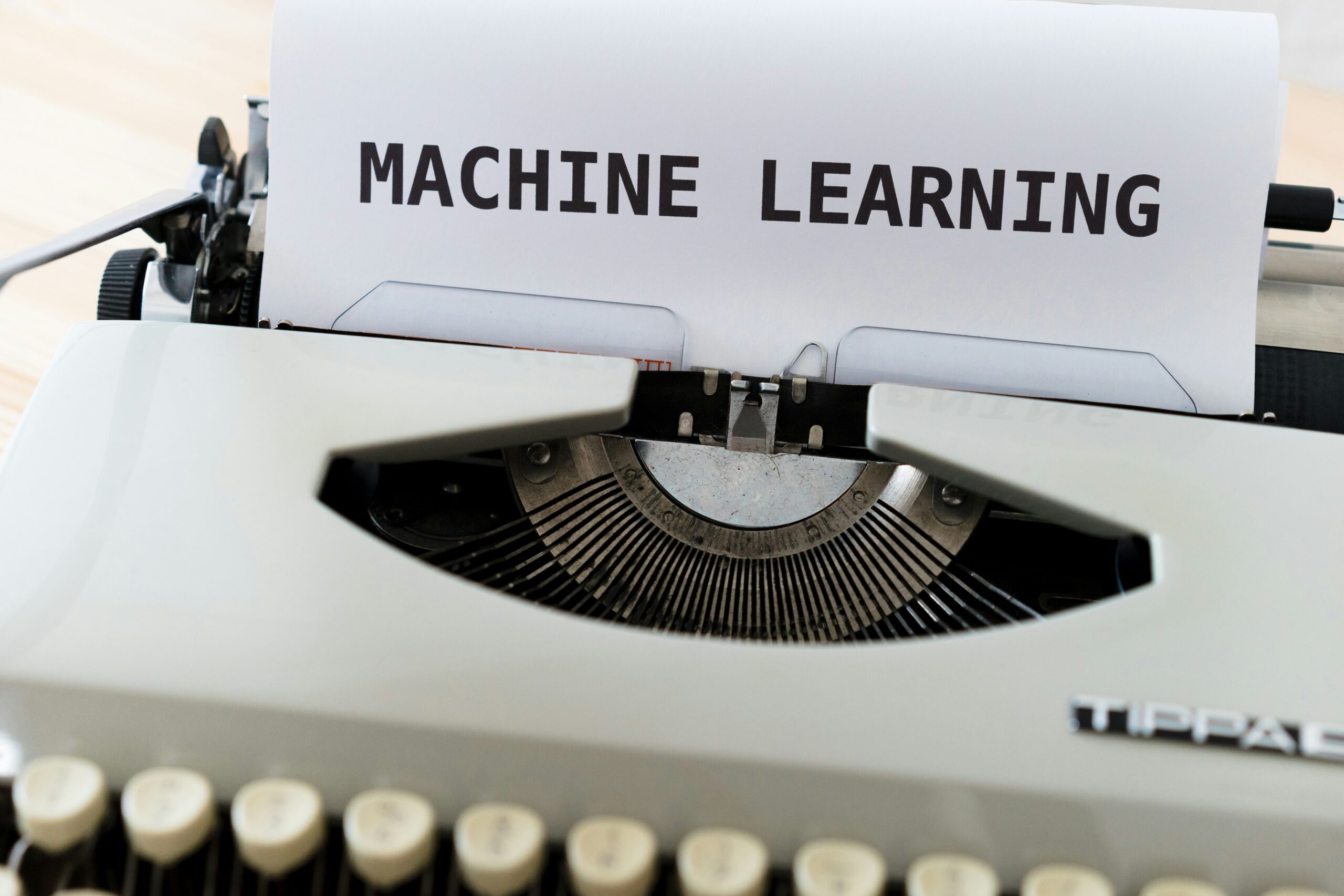AI in Healthcare: Revolutionizing Diagnosis and Treatment

The healthcare landscape is undergoing a significant transformation fueled by artificial intelligence (AI). AI technologies are rapidly reshaping how we diagnose diseases, develop treatment plans, and even personalize healthcare experiences. This article delves into the transformative potential of AI in healthcare, exploring its impact on diagnosis, treatment, and the future of medicine.
Beyond Human Limitations: AI’s Power in Medical Diagnosis
AI excels at analyzing vast amounts of data, a capability that is proving invaluable in medical diagnosis. Here’s how AI is revolutionizing diagnostics:
- Enhanced Image Analysis: AI algorithms can analyze medical images, such as X-rays, MRIs, and CT scans, with exceptional accuracy. This can lead to earlier detection of diseases like cancer, heart disease, and neurological disorders, improving patient outcomes.
- Pattern Recognition and Risk Prediction: AI can analyze patient data, including medical history, genetic information, and lifestyle factors, to identify patterns and predict the risk of developing certain diseases. This allows for preventive measures and early intervention.
- Diagnostic Assistance: AI-powered tools can assist healthcare professionals in making diagnoses by providing real-time insights and highlighting potential abnormalities in patient data.
AI in Treatment Planning: Personalized Medicine for Better Outcomes
AI is not only transforming diagnostics but also treatment planning:
- Drug Discovery and Development: AI can analyze vast datasets of molecular structures and patient data to accelerate drug discovery and development. This can lead to the creation of more targeted and effective treatments.
- Personalized Treatment Plans: AI can analyze individual patient data to recommend personalized treatment plans that account for their unique genetic makeup, medical history, and response to medications. This shift towards precision medicine offers better treatment outcomes and fewer side effects.
- Robot-Assisted Surgery: AI-powered robotic surgery systems can improve precision and minimize human error during complex procedures, leading to faster recovery times and better patient outcomes.
The Future of Healthcare: A Collaborative Approach with AI
The future of healthcare lies in a collaborative approach where AI and human expertise work in tandem:
- Augmenting, Not Replacing: AI is not designed to replace doctors; it is a powerful tool to augment their capabilities. Doctors can leverage AI for tasks like data analysis and diagnosis, allowing them to focus on patient interaction, personalized care, and complex decision-making.
- Improved Efficiency and Productivity: AI can automate administrative tasks and streamline workflows, freeing up valuable time for healthcare professionals to spend with patients.
- Accessibility and Early Intervention: AI-powered diagnostic tools can be deployed in remote areas, improving access to healthcare and enabling earlier disease detection, leading to better long-term outcomes.
Challenges and Considerations: Ethical Use and Data Privacy
While AI holds immense promise, there are challenges to address:
- Ethical Considerations: Ensuring fairness and avoiding bias in AI algorithms used for diagnosis and treatment is crucial.
- Data Privacy and Security: Protecting patient data privacy and ensuring the responsible use of AI in healthcare is paramount.
- Transparency and Explainability: Maintaining transparency in AI decision-making processes is essential for building trust within the healthcare system.
A Brighter Future for Healthcare: Powered by AI and Human Expertise
By embracing AI responsibly and ethically, we can harness its potential to revolutionize healthcare. A future powered by AI in healthcare promises earlier diagnoses, more effective treatments, and ultimately, a healthier population. AI, combined with human expertise and compassion, can create a future where personalized medicine becomes the standard, leading to improved patient outcomes and a more efficient healthcare system.



